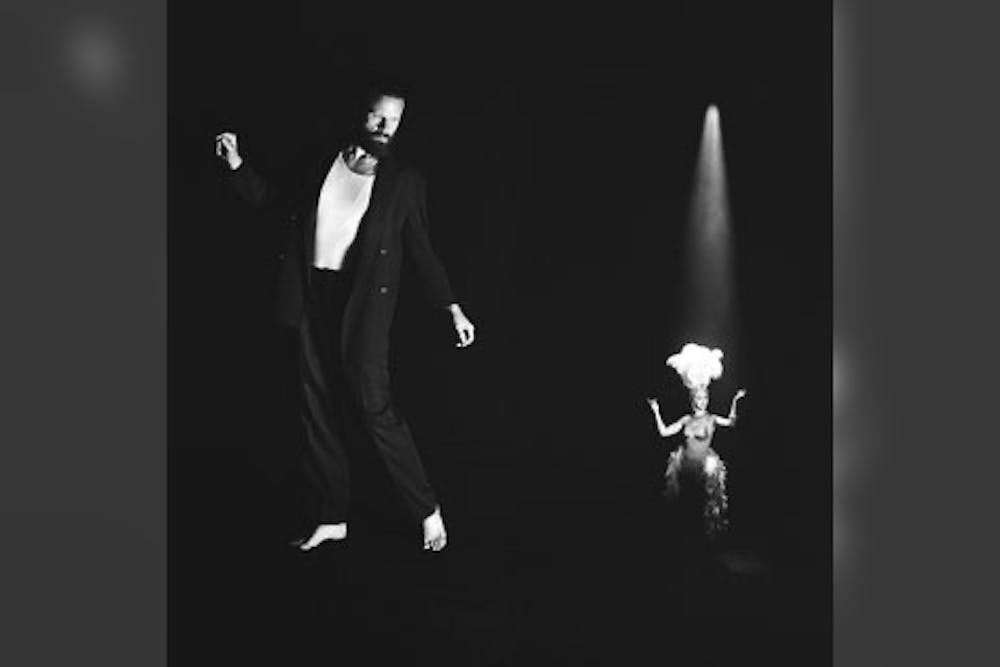Father John Misty decentralizes himself on “Chloë and the Next 20th Century,” as he takes on the persona of an unnamed narrator who grapples with feelings of romantic longing, death and despair. The egocentric folk-rock artist turns a new leaf as he abandons his need to be the center of attention and aims to tell the stories of ordinary people instead.
“Chloë and the Next 20th Century” is a ballad-filled album bursting with piano-driven tracks and brushes of intense sentimentality. Father John Misty’s lyrically profound fifth studio album proves that the singer-songwriter has kept his flair for the dramatics alive despite years of worldwide fame.
Old-timey horns that lead into a 1920s-era jazz melody wrap the opening track in an elegant air as absurd lyrics focus on an eccentric socialite. It’s on “Chloë” where Father John Misty demonstrates his penchant for depicting seedy characters.
On the following track, “Goodbye Mr. Blue,” Father John Misty returns to his folk roots with a simple yet beautiful melody on the acoustic guitar. The stripped down musicality of the track perfectly matches the song’s achingly sad vignette about the death of a pet cat.
Father John Misty revisits a familiar sound on “Kiss Me (I Loved You),” where a quiet piano melody sonically connects to “I Love You, Honeybear” from an earlier album about love. Seven years after the release of this romantic opus, Father John Misty explores similar themes with tales of passionate pining as he sings, “The end will not befall us, the sky will not descend / Life can be more sweet than bitter, if you'll only let me in.”
As the album progresses, Father John Misty reignites the flame of Hollywood’s golden age, when jazz music ruled smoke-filled clubs and undiscovered stars chased disillusioned dreams. While this blast from the past feels overly nostalgic, it also rekindles a sense of sincerity with raw confessions of emotion that are missing from most works of modern music.
On “Everything But (Her Love),” Father John Misty maintains a level of high energy with steady percussion and charmed piano keys on a track that could easily fade out of focus because of its lack of variety in vocal dynamics. With a soothing melody, however, the track feels like a lullaby as Father John Misty croons about heartache and possessive love.
The ostentatious artist experiments with the smooth jazz elements of samba and bossa nova on “Olvidado (Otro Momento).” While this exploration into other genres is admirable, Father John Misty’s raspy voice is much more suited for folk-rock.
The album is grandiose with a blend of orchestral production and captivating crescendos on tracks like “Q4” and “Funny Girl,” where a flood of string instruments cements the album as an elaborate dive into musical composition.
“The Next 20th Century” ends the album with a visceral critique of our preposterous culture as Father John Misty sings, “And now things keep getting worse while staying so eerily the same / Come build your burial grounds on our burial grounds, but you won't kill death that way.”
Although Father John Misty evolves past his usual cynicism with elaborate declarations of love on “Chloë and the Next 20th Century,” the album is disappointing because it lacks a consistent narrative. It fails to create something new as it relies on outdated sounds from a long-forgotten era of music.



